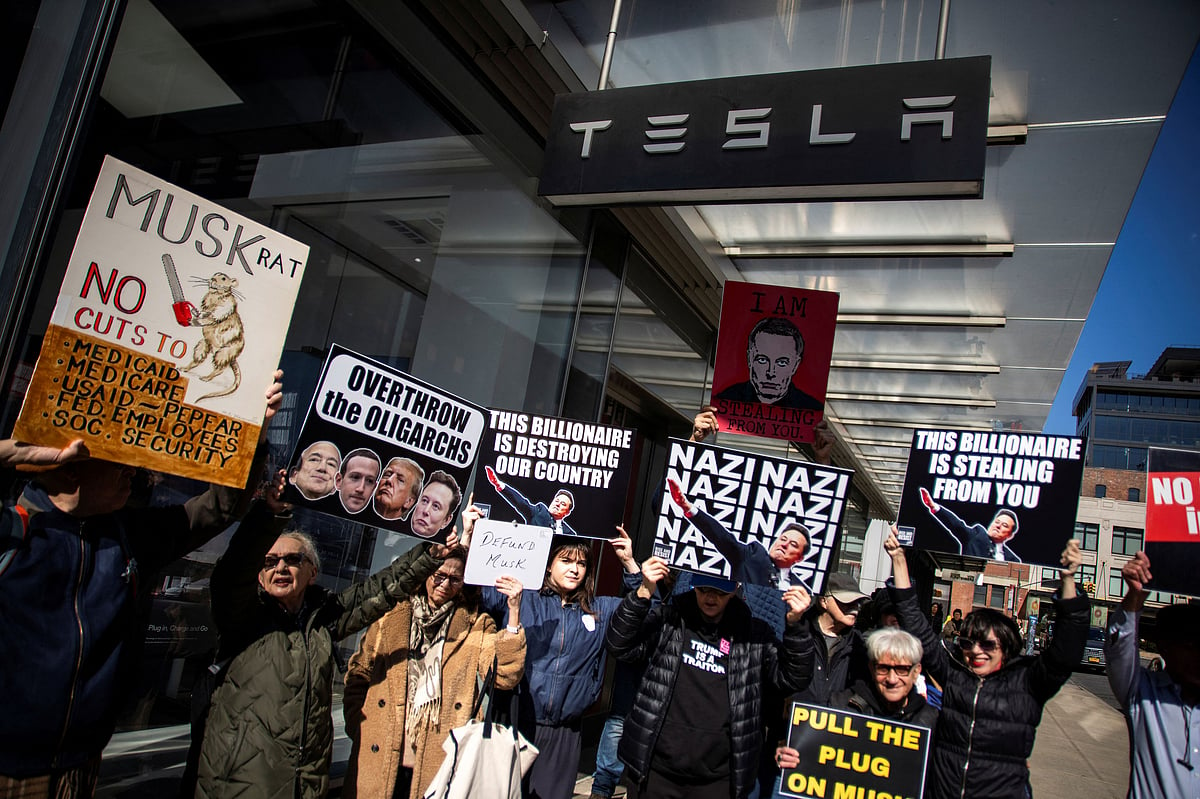Elon Musk's Political Influence: The Brand Implications for Tesla & SpaceX
Elon Musk's political influence is getting Tesla and SpaceX into hot water, illustrating the risks brands run when a CEO becomes too vocal.

Elon Musk has never been afraid to speak his mind—bold, and never shy about sharing his views. But while that makes for great press, it doesn't always work so well for his businesses. Tesla and SpaceX, two of the most innovative companies in the world, have felt the effects of Musk’s outspoken political opinions, whether he’s feuding with politicians, weighing in on controversial topics, or stirring up debates on social media. And as history shows, when a CEO becomes a polarizing figure, their brand often pays the price.

We’ve seen this happen before. Take Chick-fil-A, for example—its donations to anti-LGBTQ+ organizations led to boycotts and damaged its reputation in certain quarters. Nike's support of Colin Kaepernick in an ad campaign, on the other hand, alienated some consumers andrallied others. Likewise, Musk's erratic behavior has rattled Tesla's share prices, tainted SpaceX's government contracts, and as seen in Ontario—Ford retaliating against Musk canceling their $100 million Starlink deal. When a CEO's personal opinions are on the front page, they can shift public attitude about the brand—sometimes in ways it's hard to recover from.
The backlash against Musk's brands has been impossible to ignore. Beyond the commercial impact, even Tesla owners are paying the price. Several drivers have complained of being approached or bullied merely because they drive a Tesla, since the brand becomes increasingly associated with Musk's political persona. What once was a symbol of innovation and sustainability now, for some, becomes a political statement—intentionally or unintentionally. That widening division underscores the potential that a CEO's own personal brand has to transcend the boardroom and resonate directly with customers.
Musk's brands have seen no lack of pushback. Tesla has lost customers who disagree with his views, and SpaceX, which depends on government contract business, could lose major partnerships if political leaders start to distance themselves. Investors and sponsors are also wary of partnering with someone who constantly creates controversy. Tesla shares have seen extreme volatility because of Musk's tweeting, with some analysts warning that his personal brand is getting too big for the company itself. Meanwhile, SpaceX can hurt politically if Musk's bluster continues to ruffle a few brows. The lesson: A CEO's political activism is not necessarily about personal expression—there can be very real bottom-line and reputation consequences.

So what do businesses learn from all of this? Firstly, separate business strategy and personal politics—stay neutral to steer clear of divisive splits. Secondly, invest in a good crisis PR team to weather any flakwhen it gets tough. And finally, monitor brand values that resonate across the board rather than leaping into polarized arguments. Staying loyal to company values without alienating future customers is the key to sustained success.
In the final analysis, Musk's influence can't be ignored. But the question remains: Will Tesla and SpaceX be able to make it through with his unpredictable public persona, or will they succumb to the collateral casualty of his personal battles? Only time will answer that.





